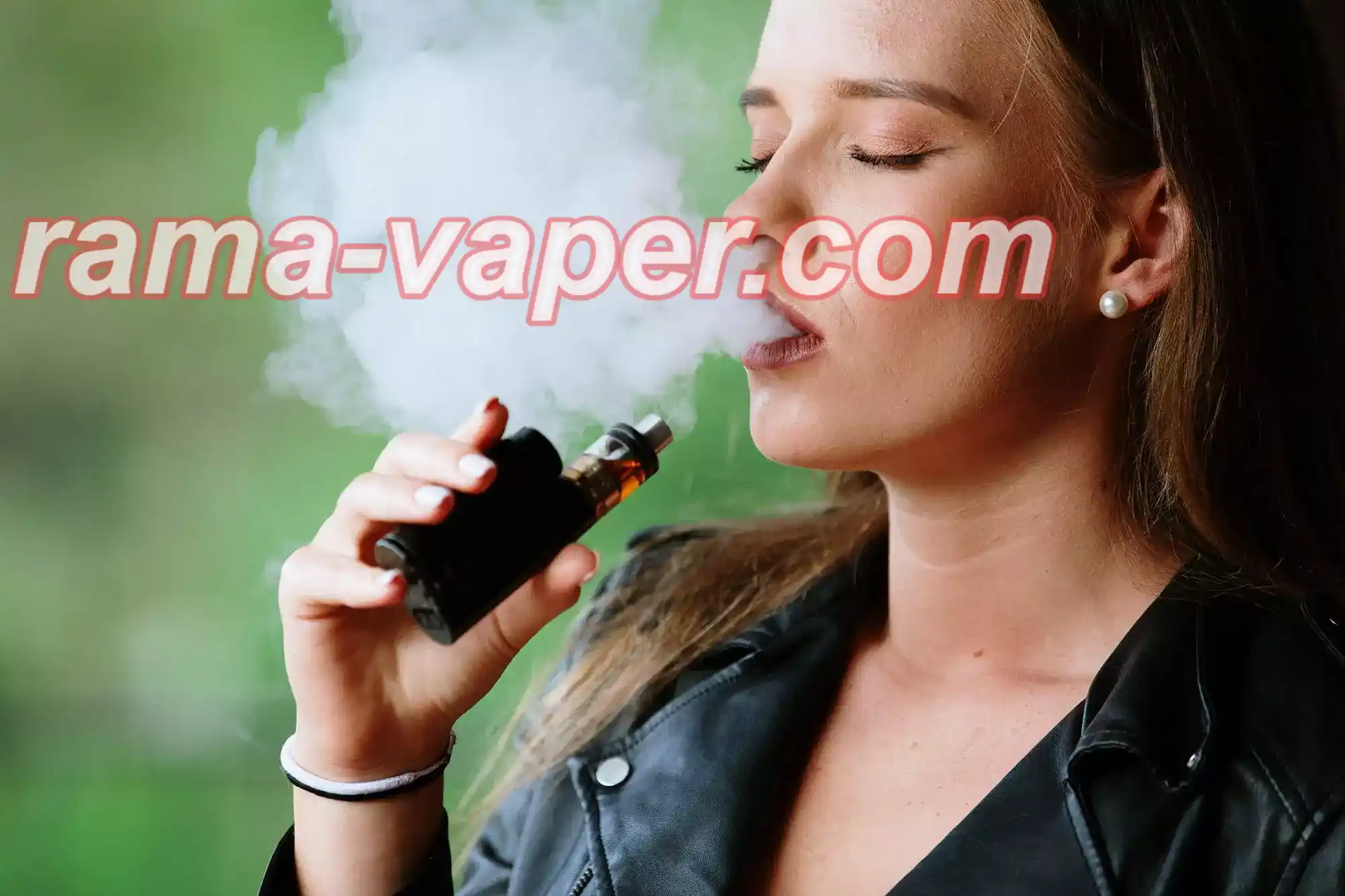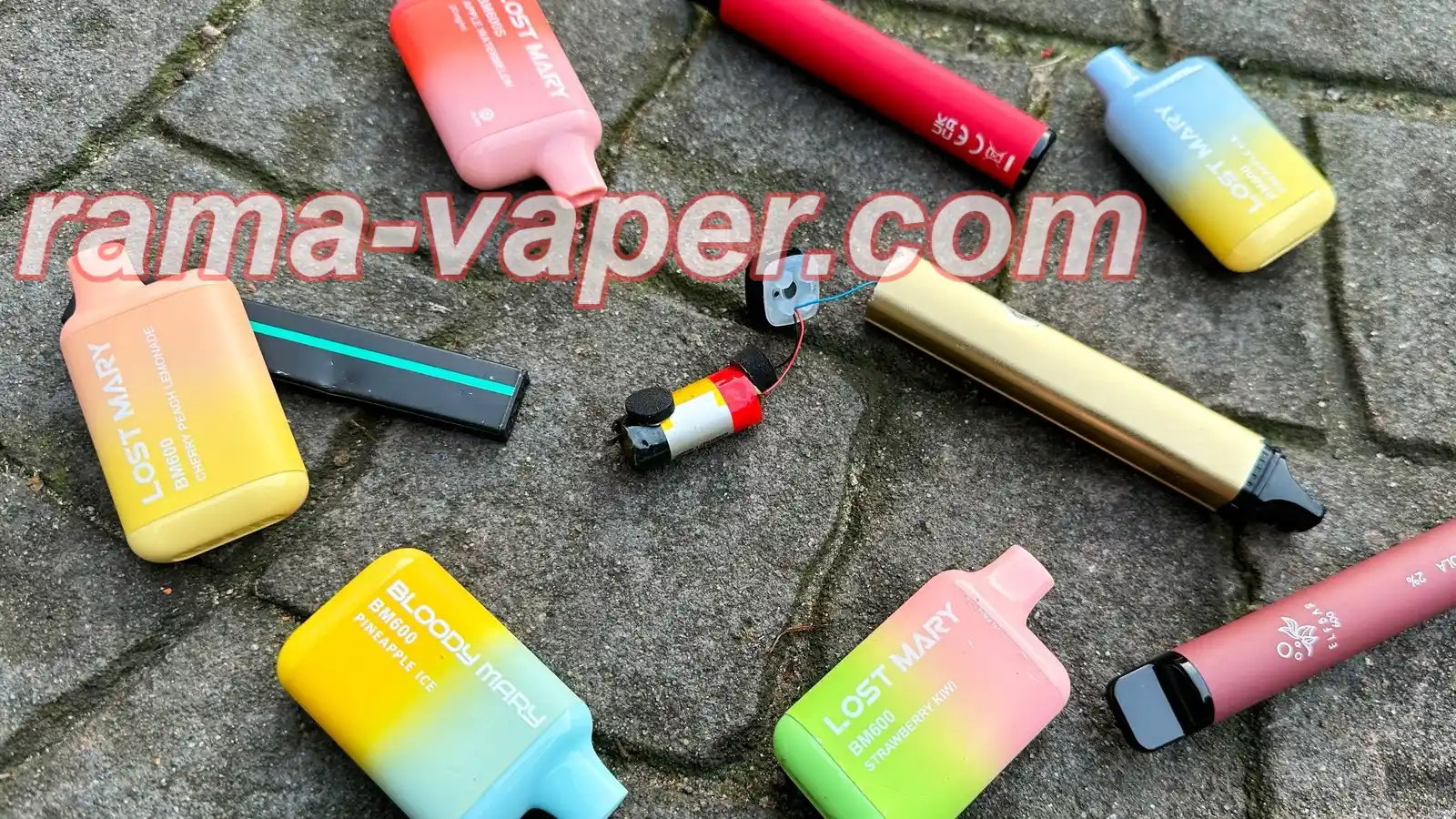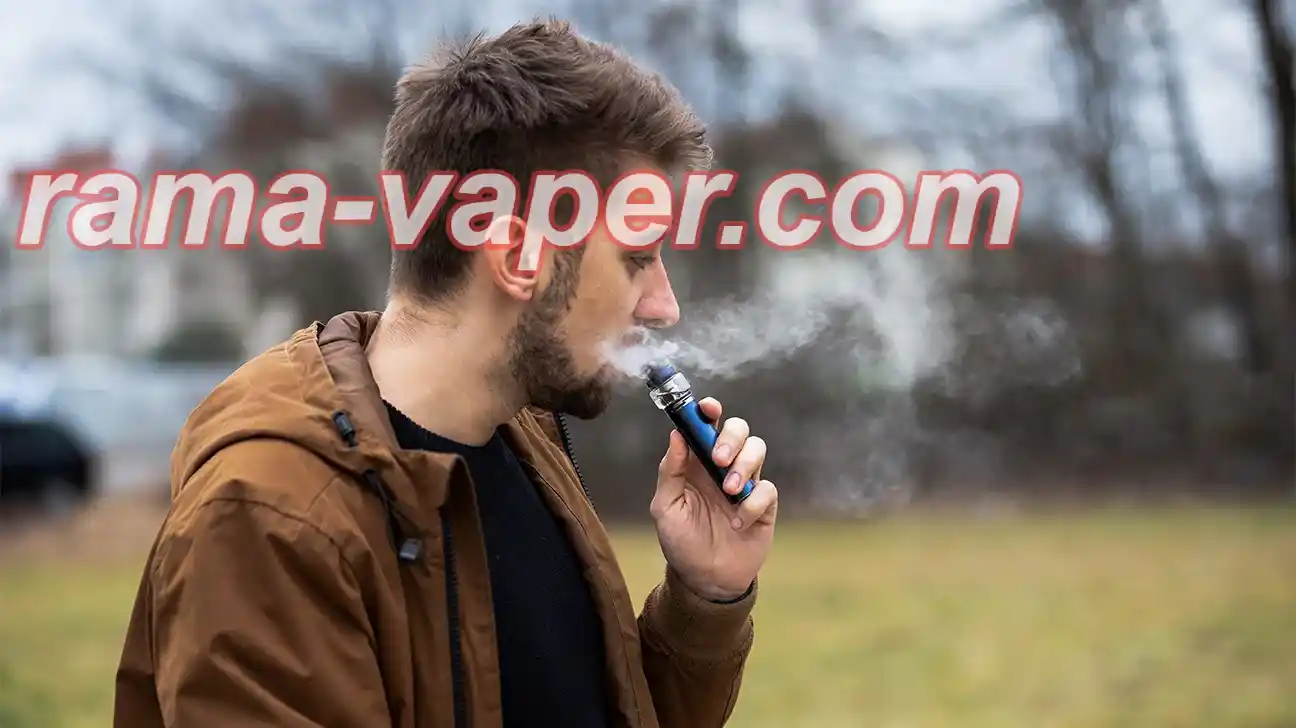Philippines Cracks Down on Vape Manufacturers: What You Need to Know About the DTI Suspension
Philippines DTI Suspends Operations of 14 Vape Manufacturers and Importers
In a significant move that could shake up the vaping industry, the Philippine Department of Trade and Industry (DTI) recently announced the suspension of operations for 14 vape manufacturers and importers. This action was taken due to these companies’ failure to comply with the country’s strict packaging regulations, which require health warning labels to be clearly displayed on all vape products. Let’s break down the situation, the impact on these businesses, and what it means for the future of vaping in the Philippines.
The Regulatory Framework and DTI’s Intervention
The companies in question violated the provisions of RA11900, specifically Section 4(d), which mandates compliance with financial labeling rules set by the Bureau of Internal Revenue (BIR). These rules are part of broader public health measures aimed at curbing the harmful effects of nicotine and tobacco use, including vaping products.
Failure to follow these regulations doesn’t just lead to a slap on the wrist. The penalties are severe. For a first offense, companies are fined a hefty 2 million pesos (around $35,000), with potential imprisonment for up to two years. The penalties increase for repeat offenses. The second violation can lead to a 4 million peso fine ($70,000) and a four-year jail term, while a third violation results in a staggering 5 million pesos ($85,000) in fines and six years behind bars, not to mention the revocation of the business license.
DTI’s move also includes halting the production, import, distribution, sale, and promotion of nicotine vaping products by the offending companies. While these companies can appeal the decision, the suspension will remain in effect until a final ruling is made.
For anyone in the vape community, this is a reminder of how important it is to stay up to date with regulatory changes. This event also highlights the increasing scrutiny of the vaping industry worldwide. Whether you’re a casual vaper or a vape manufacturer, keeping an eye on evolving laws and regulations is crucial for avoiding penalties and ensuring long-term success.
The 14 Affected Companies
The following companies have been named in the suspension order by the DTI:
- Shenzhen Nevoks Technology Co. Ltd. & 2229 Non Specialized Wholesale Trading
- Mr. O’s Liquido OPC
- Sacredvapors Corporation
- VIP Bros Incorporated
- Zcrew International Inc. & Dongguan Air Technology Co. Ltd.
- VIP Bors Inc., operating as Pastry Vapors Vape Juice Manufacturing
- Wang Dao Technology (Shenzhen) Co. Ltd. & Sky Rocket Philippines
- Shenzhen Smug Vape Technology Co. Ltd. & Semba Trading Corp.
- Steep and Drip Manufacturing Corp.
- Viscosity Consumer Electronics Trading Corp.
- Wang Dao Technology (Shenzhen) Co. Ltd. & Wkd Ltd.
It’s important to note that this is just the first step in a larger crackdown. The DTI has already issued preliminary orders (PO) or preventive measures (PMO) to these companies, meaning they are now barred from continuing their business until further notice. This is a serious blow to the companies involved, many of which rely on the Philippine market for a significant portion of their sales.
The Ripple Effect: Global Implications
While the Philippines’ regulatory approach is one of the more aggressive moves seen recently, it’s far from the only country tightening its laws on vaping. Governments around the world are recognizing the need for stricter regulations on nicotine products, particularly vapes, to protect public health. This trend will likely continue as more countries develop their own frameworks for regulating vaping products.
For instance, you might already be familiar with the ongoing developments in the Vape Market. The market has seen rapid changes in technology, flavor profiles, and consumer preferences, all of which are shaping how vaping products are sold, marketed, and consumed globally. Many countries are beginning to follow in the footsteps of the Philippines, pushing for more stringent laws to safeguard public health. But this also creates opportunities for businesses that are willing to adapt and innovate.
The Role of Technology and Innovation in Vaping
As the vaping industry continues to evolve, the integration of new technologies will be key to staying competitive. This is where companies like Rama Vape are leading the charge, offering not just great products but also innovative tech solutions that cater to a more connected, savvy generation of vapers.
One such example is the Rama Vape App, which offers vapers a way to track their usage, manage their devices, and even control various aspects of their vaping experience. With the rise of smart tech, including Bluetooth-enabled vaping devices, it’s clear that the future of vaping isn’t just about the products themselves—it’s about creating a seamless, personalized experience for consumers.
Speaking of which, the Rama Vape Bluetooth devices are a game-changer. These Bluetooth-enabled devices connect with the app, allowing users to track their nicotine intake, monitor battery life, and access exclusive features that enhance the overall experience. With growing consumer interest in tech-enabled products, we can expect more companies to integrate Bluetooth technology into their devices.
Poland’s Push for Tighter Vape Regulations
Switching gears to Europe, the Polish government has recently proposed a series of measures aimed at further restricting the sale of vapes and nicotine products. According to Bankier News, the Ministry of Health has introduced a bill that would prohibit the sale of all vapes to individuals under the age of 18 and ban their use in various public places, including schools and children's playgrounds.
This move aligns with global efforts to protect public health by limiting access to tobacco products, including vapes, for young people. The bill also seeks to update the definition of “vaping” to cover the use of nicotine-free vapes in public spaces, further regulating the consumption of these products in places like public transport stations and playgrounds.
In addition to nicotine-containing vapes, Poland's government is also targeting nicotine pouches. Under the proposed law, these products would be banned for sale to minors, and the sale of nicotine pouches would be prohibited in medical institutions, schools, sports facilities, vending machines, and online. This approach mirrors the tightening regulations seen in other parts of the world, especially as governments move to protect young people from the dangers of nicotine.
Interestingly, the law would also prohibit the sale of flavored heated tobacco products, as well as specific updates to the definition of “heated tobacco products.” This is part of a broader strategy to reduce the appeal of these products to younger consumers, who are often drawn to them because of their fruity or candy-like flavors.
For those keeping an eye on the vaping industry in Europe, it’s clear that these regulations are just the beginning of a much larger shift. Countries are taking more comprehensive approaches to regulate vaping products, particularly as concerns over their long-term health impacts continue to grow. For those interested in how these changes are affecting the vape landscape, you can read more about Europe’s Vape Market.
What’s Next for the Vape Industry?
As we move into 2025, the vape industry will continue to face challenges. While regulations are becoming stricter, there are also opportunities for companies that can innovate and adapt. For example, as disposable vapes face increasing scrutiny and are being phased out in favor of refillable alternatives, companies that can develop sustainable, eco-friendly products will likely gain favor with consumers.
In the long run, the future of vaping will likely hinge on balancing regulation with innovation. Companies that can meet the demands of regulators while also offering consumers cutting-edge, enjoyable products will be best positioned for success. If you're interested in learning more about how vaping is evolving, check out the Rama Vape App and stay ahead of the game.
So, whether you’re a vaper, a manufacturer, or just someone interested in the changing landscape of the industry, it’s clear that staying informed is key. With the Philippines taking strong action against non-compliant companies and Poland pushing for stricter regulations, the vaping world is in for some serious changes in the coming years. Will your business be ready to meet the challenge? Or will you be left behind? Only time will tell.
